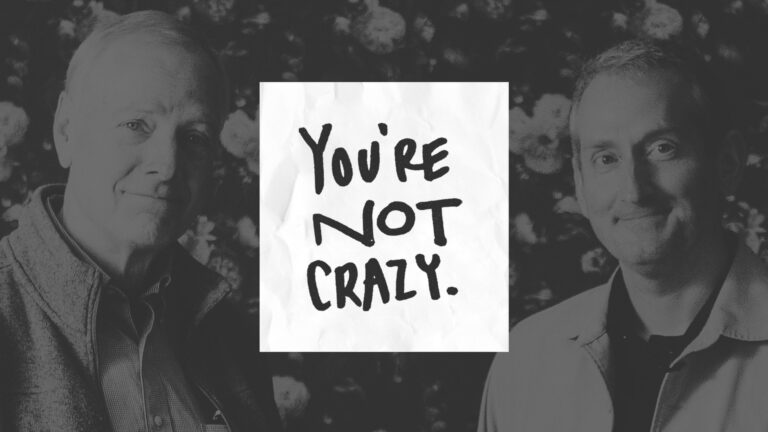“God is my witness, whom I serve with my spirit in the gospel of his Son.” Romans 1:9
There was, for Paul, a deeper dimension to his gospel ministry, far beyond his public preaching and writing. Only God could see and witness this inner world of service, thought and worship. It was Paul’s own communion with God, his very personal interiority, laid bare before the Lord. Whatever else might have been happening in Paul’s life, there was a sanctuary within, where God was daily served in Paul’s most personal enjoyment of the gospel.
It is always a temptation to neglect the private inward service for the sake of the public outward service. Jesus called this inversion of priorities hypocrisy (Matthew 6:1-18). Our Father sees and rewards in the secret place. And twice the book of Acts calls God “the Heart-Knower” (kardiognostes, Acts 1:24; 15:8). It is our love of appearances, our need to make an impression, our itch for human acclaim, which neglects that secret place.
In The City of God, Augustine tries to comfort the Christian women who had been mistreated in the sack of Rome. He does it in a strange way. He says, “Do not marvel that you have lost that by which you can win men’s praise, but you retain that which cannot be exhibited to men.” Being a Christian virgin, set apart to the service of Christ, was esteemed a high honor. Human awareness knew of the physical honor lost, but it could not know of the interior humility and nearness to Christ gained. As I said, I consider that line of counseling strange. I have to wonder if it satisfied and helped anyone back then. But it helps me now. It might help you too. Here’s how:
If we suffer loss of honor as we are publicly perceived, and if that public humiliation frees us from or at least reduces our longing for “man’s empty praise,” while also casting us more deeply on the Lord and enriching our communion with God, and we discover more of the vastness of that sanctuary in the heart and experience more of the services offered there, which no one but God can see — if that is where outward loss takes us, then we have gained.
And we are positioned for more fruitful outward service than ever before.


















